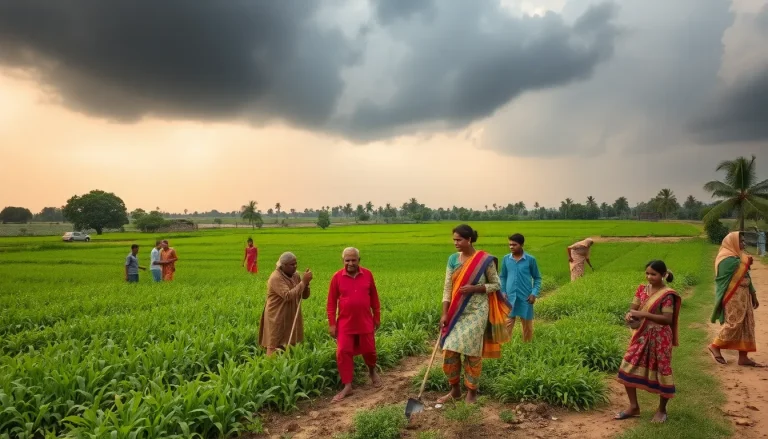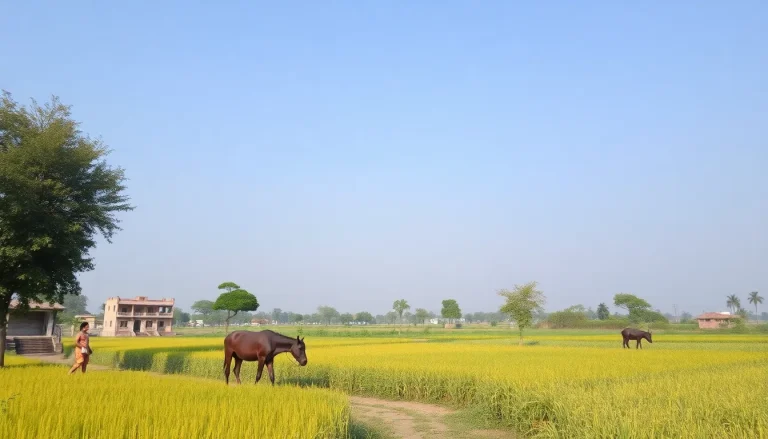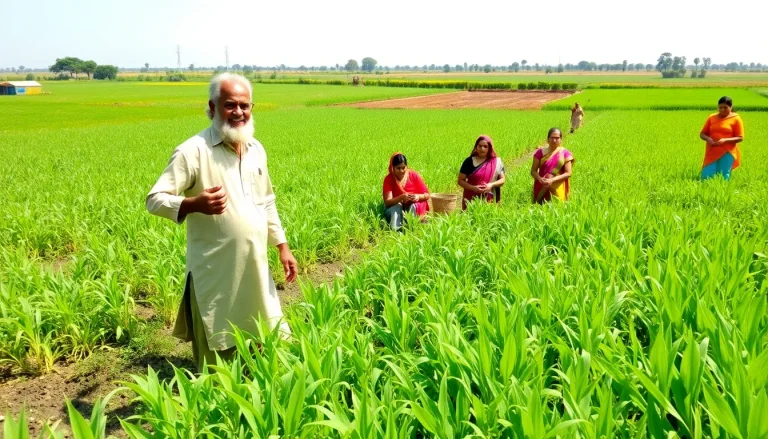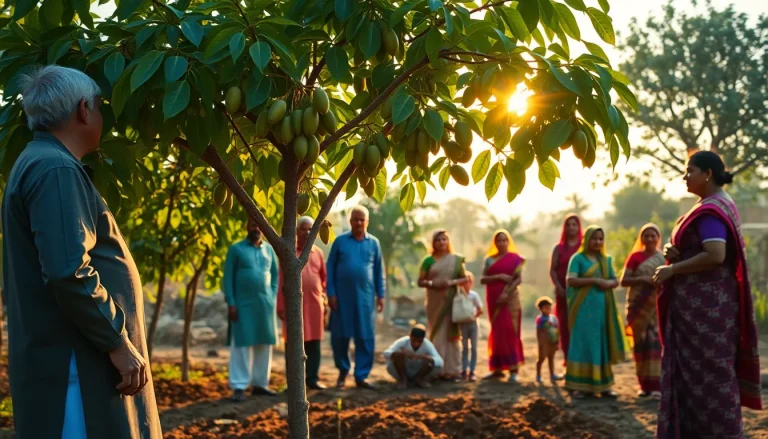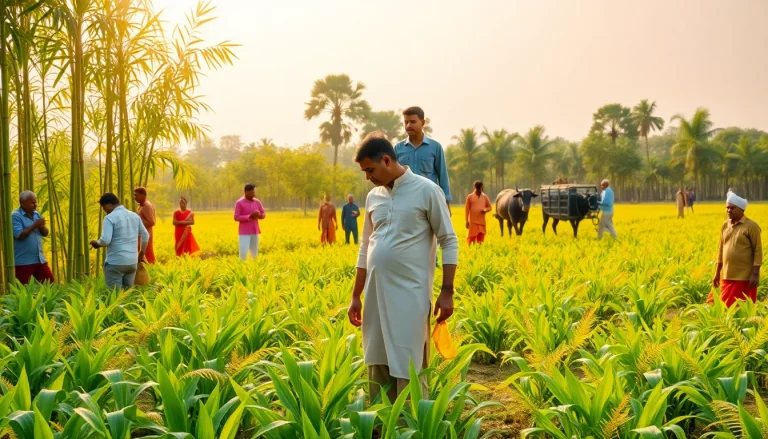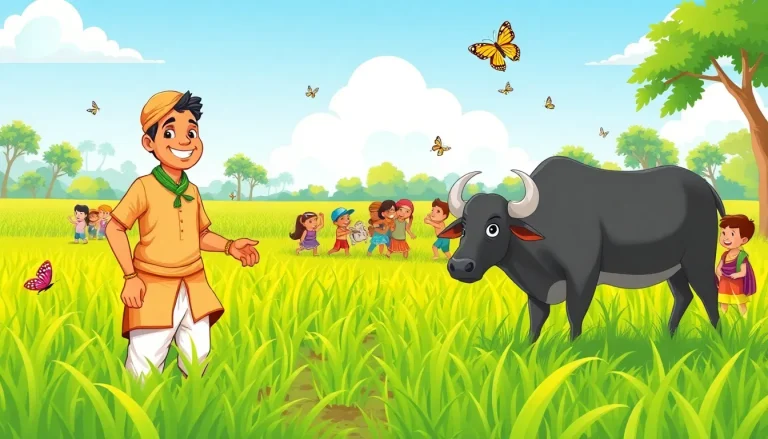Beyond Milk: Understanding the Diverse Roles of Cattle in Indian Households
A recent study reveals that many Indian farmers do not prioritise milk production from their cattle. Instead, they use cattle for dung, draught power, and selling animals. This finding challenges the common belief that milk is the main reason for rearing cattle. The Council on Energy, Environment and Water (CEEW) conducted the study. The study…
India’s Draft Pesticide Bill Sparks Debate: Business vs. Safety Concerns
India is looking to update its pesticide laws with a new draft bill, aiming to replace a law from 1968. The country’s pesticide industry has grown significantly, becoming a multi-billion-rupee sector. However, this growth has also raised serious concerns about health, the environment, and the safety of our food. Experts who have reviewed the draft…
Leopard Attacks Increase in Junnar Due to Sugarcane Farming, Experts Seek Long-Term Solutions
In Junnar, a region known for its scenic beauty and historical sites, a growing human-leopard conflict is causing fear and distress among residents. The area, located near Pune in Maharashtra, has seen a significant rise in leopard attacks on livestock and people. This escalation is closely linked to changes in land use, particularly the widespread…

Sugarcane Fields: A Double-Edged Sword for Farmers and Leopards in Junnar
A distressing encounter in Maharashtra highlights the growing conflict between humans and leopards, with sugarcane farming playing a central role. Saluram Kargal, a farmer from Wadgaon Borwadi village near Pune, narrowly escaped a leopard attack that resulted in the loss of two of his goats and severe injuries to himself and his son. This incident,…

Marathwada Sees Over 5,000 Farmer Suicides in Five Years
A recent official report has revealed a deeply worrying trend in Maharashtra’s Marathwada region. Over the past five years, from 2021 to 2025, more than 5,000 farmers have died by suicide. The year 2025 saw the highest number of these tragic deaths, with 1,129 farmers taking their own lives. Marathwada is made up of eight…
Pesticide Bill 2025: A Missed Opportunity for Farmer Safety and Public Health
The Indian government has put forth a new draft for the Pesticide Management Bill, 2025. This is the fifth version of this proposed law, which aims to replace the older Insecticides Act, 1968. Despite many attempts over 17 years, experts believe this latest Bill still falls short of protecting farmers and the public. Pesticides are…
COP30 in Belém: Key Takeaways for Indian Agriculture
The COP30 climate summit, held in Belém, Brazil, recently concluded. It took place in the Amazon, a region known for its indigenous communities and environmental importance. The summit aimed to address the urgent climate crisis, considering the historical injustices and global inequalities that contribute to it. However, the final agreement was seen as lacking strong…
Farmers Announce Nationwide ‘Kisan Yatra’ Demanding MSP and Debt Relief
Farmers’ groups under the Samyukta Kisan Morcha (Non-Political) have announced a major nationwide protest. They plan to organise an ‘all-India march’, called the Kisan Yatra. This journey will start in Kanyakumari in the south and end in Kashmir in the north. The march is planned for February and March. The main goals of this protest…
India’s Small Fertiliser Makers Struggle Amidst Unfavourable Policies
Indian fertiliser manufacturers, especially small and medium-sized enterprises (MSMEs), are facing significant challenges. A major issue is the country’s current policy regime, which seems to favour imports over domestic production. This imbalance is making it difficult for local companies to compete and grow. The fertiliser sector is crucial for India’s agriculture. Farmers rely on affordable…
Indigenous Gene Editing Offers Hope for Cheaper Crop Breeding and Food Security
Genome editing technology, particularly CRISPR-Cas9, has brought huge advances in agriculture. However, strict rules on using this technology create problems, especially for countries like India. They need these tools to improve food security and farming. A new development from India offers a glimmer of hope. Researchers at the Indian Council of Agricultural Research (ICAR) have…

